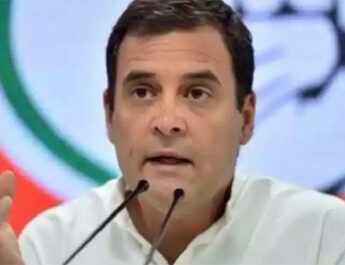From Our Bureau
NEW DELHI: The Delhi Commission for Protection of Child Rights (DCPCE) has challenged the amendments under the Juvenile Justice Act (JJ Act) of 2015 before the Supreme Court, categorising certain offences committed against children as “non-cognizable” that cannot be probed by the police unless directed by a magistrate.
The amendments were cleared by Parliament last year and assented by the President in Augut 2021. The amendments have not yet come into operation. Specifically opposed is Section 26 that categorises offences with imprisonment for three years or more but not more than seven years as non-cognizable.
Noting that only offences punishable with imprisonment up to three years are categorised as non-cognizable under the Indian Penal Code (IPC), the petition says the categorisation in the amended law violates the rights of children under Article 14 and 21 (regarding right to equality and right to life and liberty) and is contrary to the JJ Act which seeks to protect children against all forms of expliation.
It says: “There is no reasonable justification or rational nexus sought to be achieved by reclassifying the cognizable offcence as non-cognizable offences.”
The petition filed last week says the amendment has resulted in “denuding the police of powers to investigate and arrest the offencers” and places an “undue, unfair and unjutifiable burden on the minor victims to come forward and report the commission of a serious offence.”
The Delhi child rights panel registered a strong protest to the Centre against the amendments and decided to move the top court for not receiving any response for over a month. It has also received support from four other state rights panels of Rajasthan, Punjab, West Bengal and Union Territory of Chandigarh, which have urged the Centre to withdraw the amendments.
###





